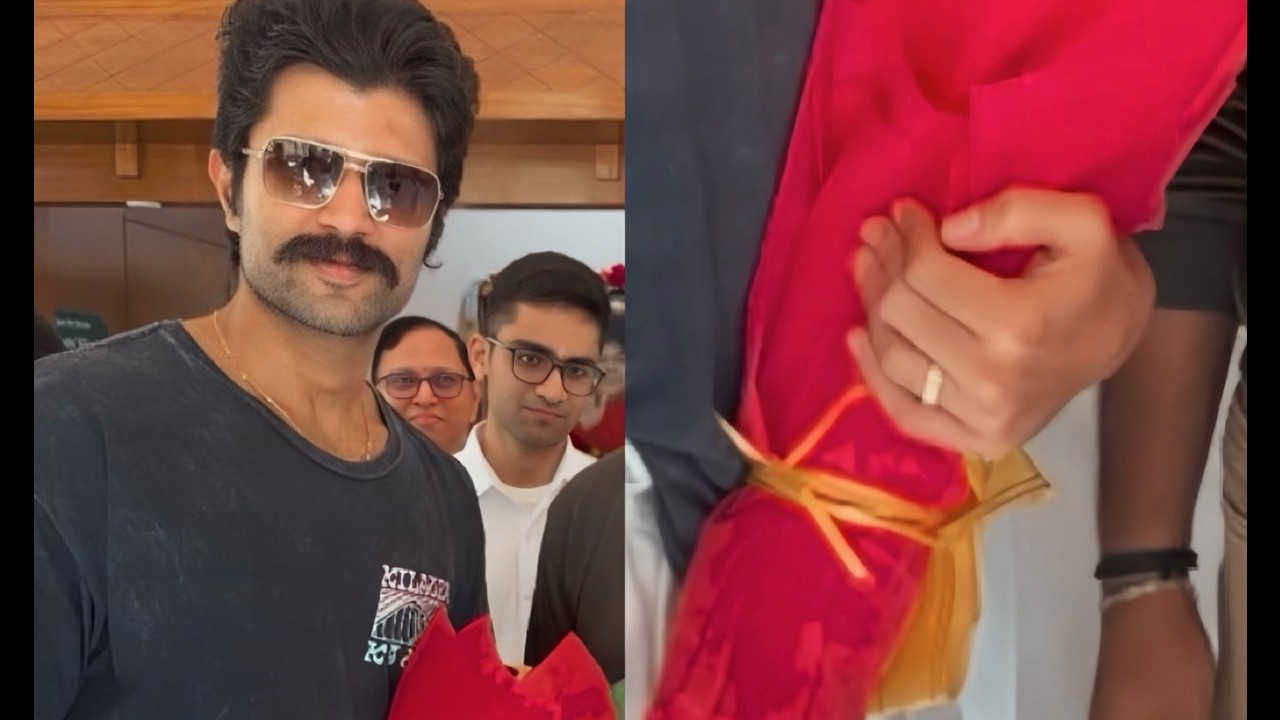Delhi Police Arrests 24-Year-Old in Rashmika Mandanna Deepfake Case; Confesses to Creating Fake Video for Followers
Rashmika Mandanna, a prominent figure in Indian cinema, recently found herself at the center of a controversial deepfake case.
Dinesh Akula | Published On: Jan, 20, 2024 | 10:26 PM

Rashmika Mandanna, a prominent figure in Indian cinema, recently found herself at the center of a controversial deepfake case. In November 2023, an AI-generated deepfake video featuring the actress garnered significant attention across social media platforms, marking a disturbing trend in the misuse of artificial intelligence in the entertainment industry.
Deepfakes: A Rising Concern in Digital Media
Deepfakes, sophisticated synthetic media created using AI to alter or generate audio and video content, have become a growing concern. The incident involving Mandanna was not isolated; it opened the floodgates to a series of similar AI-generated videos targeting other celebrities, including Alia Bhatt, Kajol, and cricket legend Sachin Tendulkar.
The Breakthrough in the Investigation
After an extensive investigation lasting over two months, the Delhi Police successfully apprehended a 24-year-old individual from Andhra Pradesh, identified as Eemani Naveen. Naveen, a digital marketer by profession, was traced following a meticulous examination of over 500 social media accounts linked to the deepfake video.
The Confession and Motive
In a revelation reported by NDTV, Naveen admitted to creating the deepfake video of Rashmika Mandanna. His motive was to boost his follower count on Instagram. Interestingly, Naveen described himself as a fan of Mandanna and even managed a fan page dedicated to the actress. His strategy seemed to have worked initially, as the viral nature of the video significantly increased his social media following.
Implications and Reactions
This incident highlights the ethical and legal challenges posed by AI technologies like deepfakes. The arrest serves as a cautionary tale about the potential misuse of AI in creating deceptive media content, especially involving public figures. The case has sparked a conversation about the need for stricter regulations and more robust digital security measures to combat such cybercrimes. As the investigation continues, the focus remains on safeguarding the digital identities of individuals against such invasive and unethical practices.







